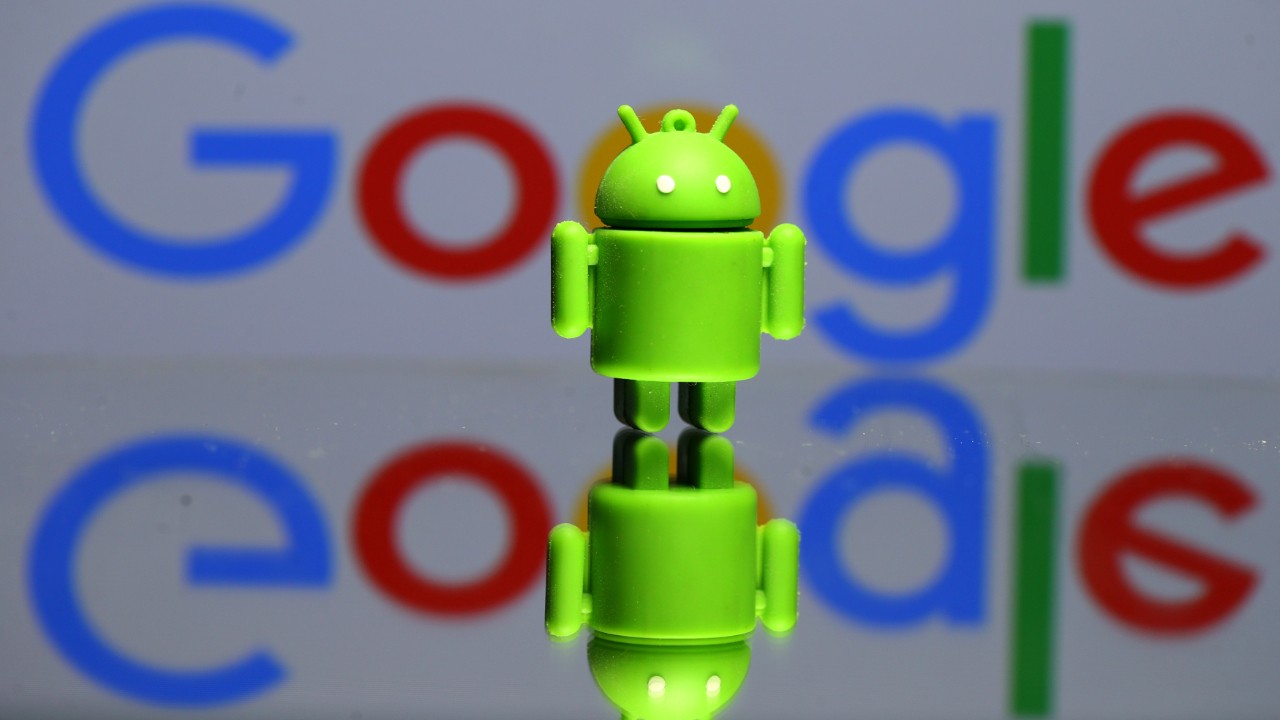Google now removes "Android cleaning" apps
In efforts to make the Android operating system more secure, Google occasionally undergoes extensive cleanups and now introduces another to these activities.

Google has always been proactive in ensuring the Play Store remains devoid of potentially harmful apps, especially those that harbor malware or make false claims. While this move is lauded by many, it sometimes has unintentional repercussions on legitimate applications, leading to their automated removal from the Play Store. One of the latest examples of this inadvertent action is the removal of several "Cleaner" apps, including the widely recognized SD Maid.
App developers, caught in this web of automated action, took to Reddit to shed light on their predicament. They spoke about their apps being suddenly removed, leading to the termination of their developer accounts on the Play Store. The case of SD Maid particularly stands out. It was removed citing a violation of Google's "Stalkerware policy". However, the developers argue that their app has no feature that infringes on user privacy and data. In fact, they have been transparent about their workings, making the source code of SD Maid available on GitHub. Google's official reason behind the action against SD Maid reads:
Google now removes "Android cleaning" apps
"We have identified a pattern of high risk or abuse associated with your Developer Account and are taking this action pursuant to Section 8.3/10.3 of Google Play’s Developer Distribution Agreement."
Upon reviewing SD Maid's description on the Play Store, certain keywords might have triggered the automated removal system. Some of these contentious phrases include "Browse your whole device," "Remove superfluous files," "Manage installed user and system apps," and "Run tools automatically on a schedule."
It's worth noting that many developers of similar cleaner apps have received identical suspension reasons. Although the exact cause remains somewhat nebulous, Google had earlier cautioned about new guidelines addressing "Deceptive Behavior" Apps. Such apps are flagged when they fail to clearly delineate their functionalities. This "Deceptive Behavior" policy can be seen as applicable to Cleaner Apps that promote themselves as performance enhancers. However, the "Stalkerware policy" violations raise more questions than answers. Google, with its stringent policies, aims to be the best judge in determining Play Store violations.
 Could alien invasion become a reality?News & Culture
Could alien invasion become a reality?News & Culture






